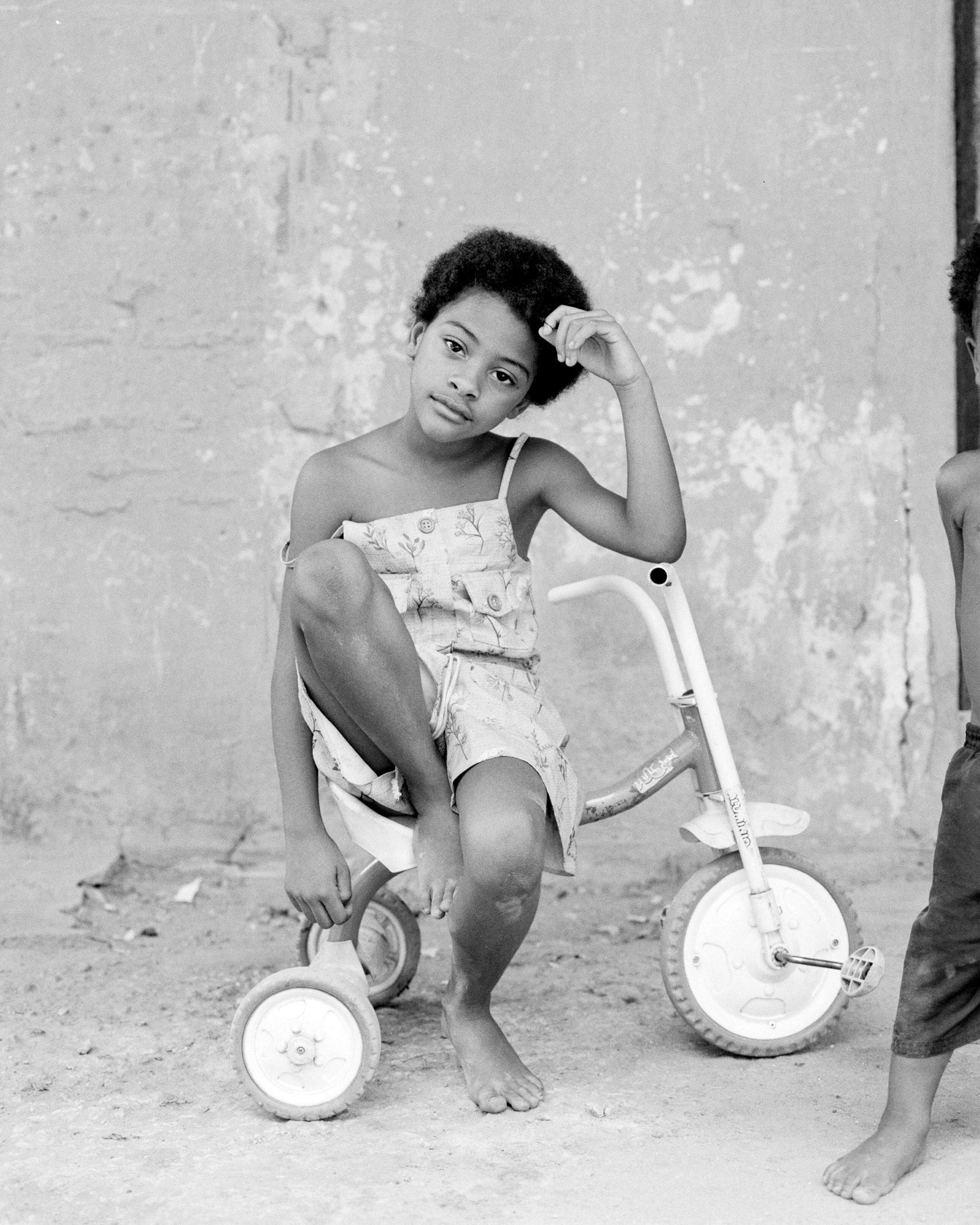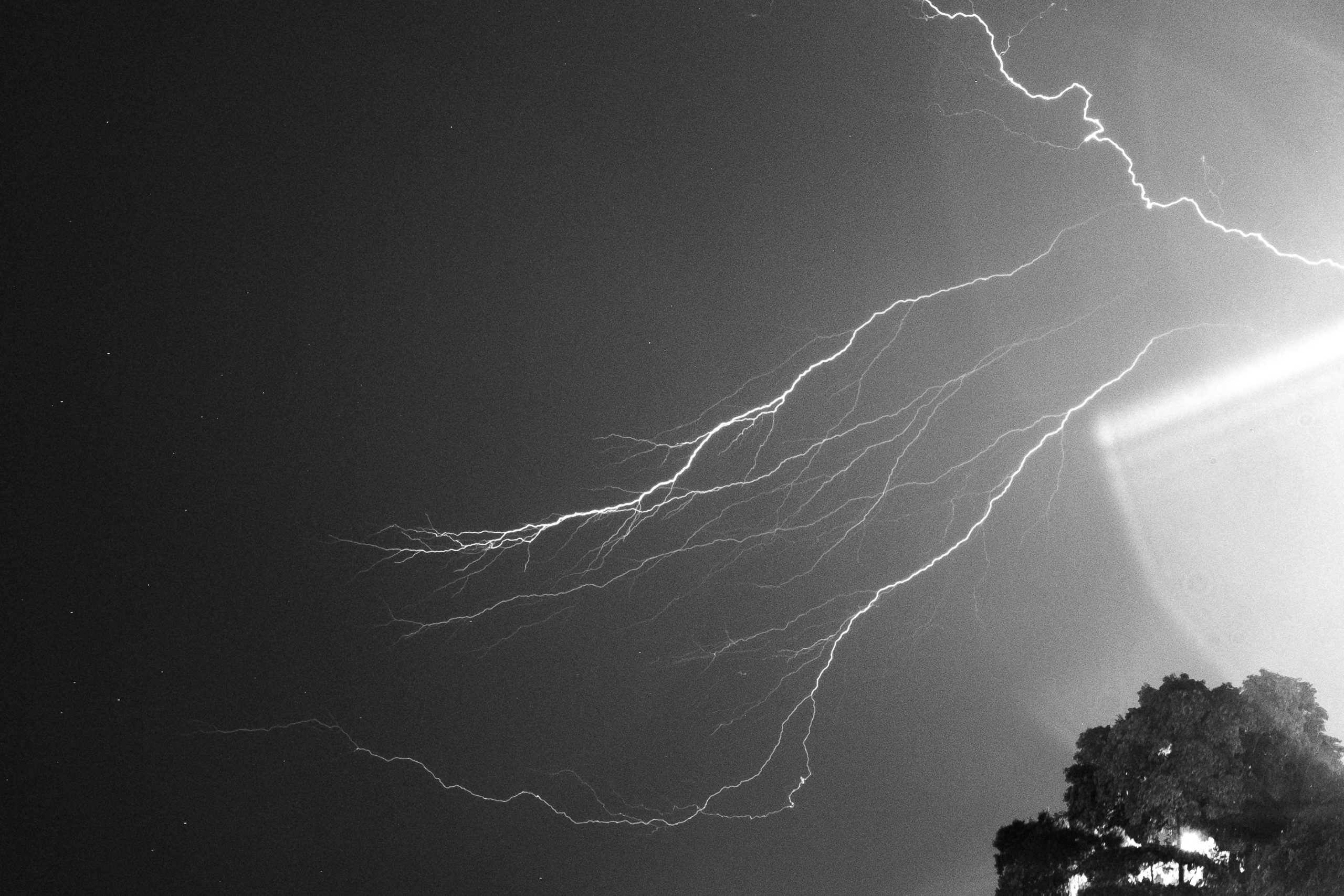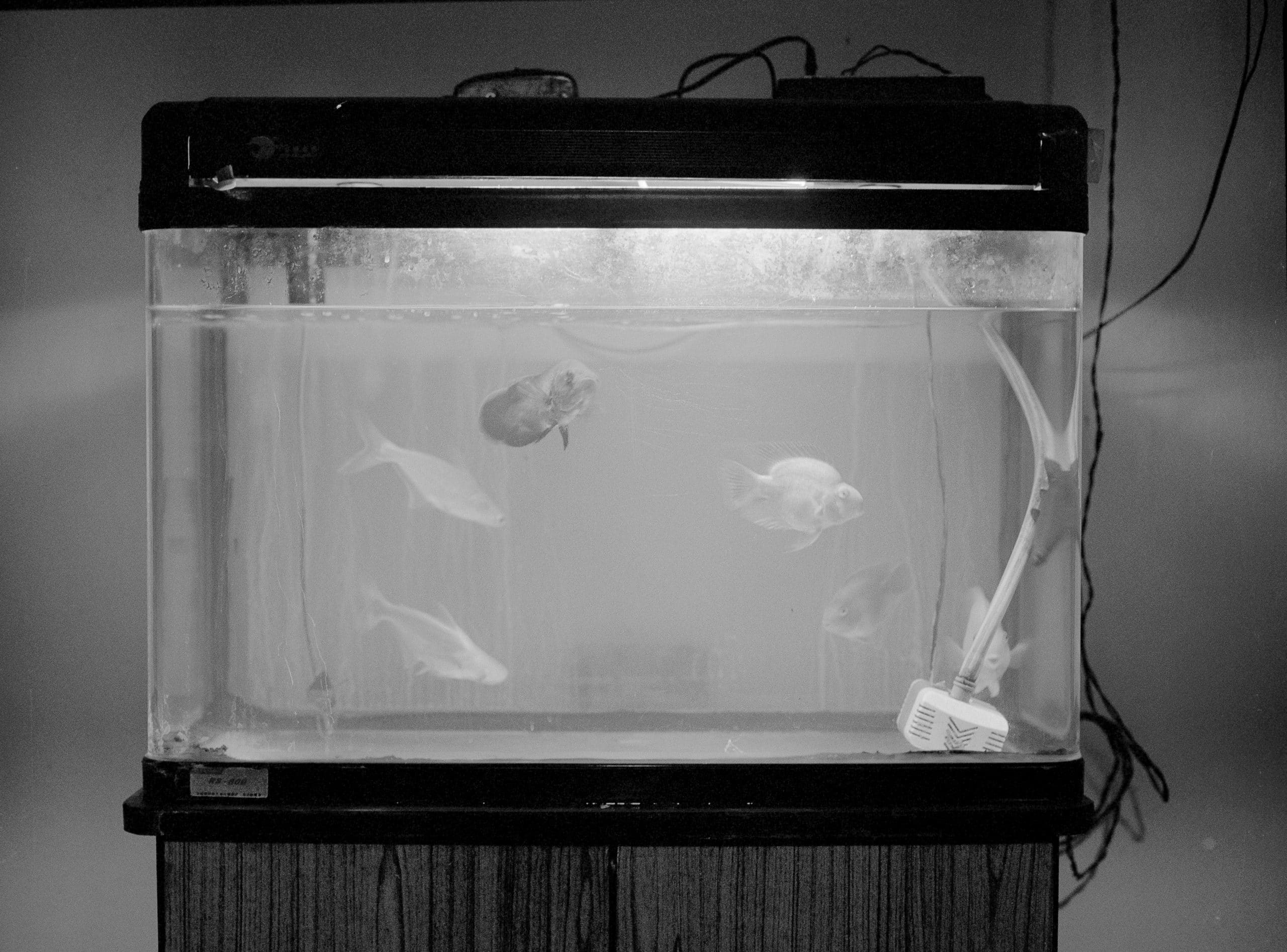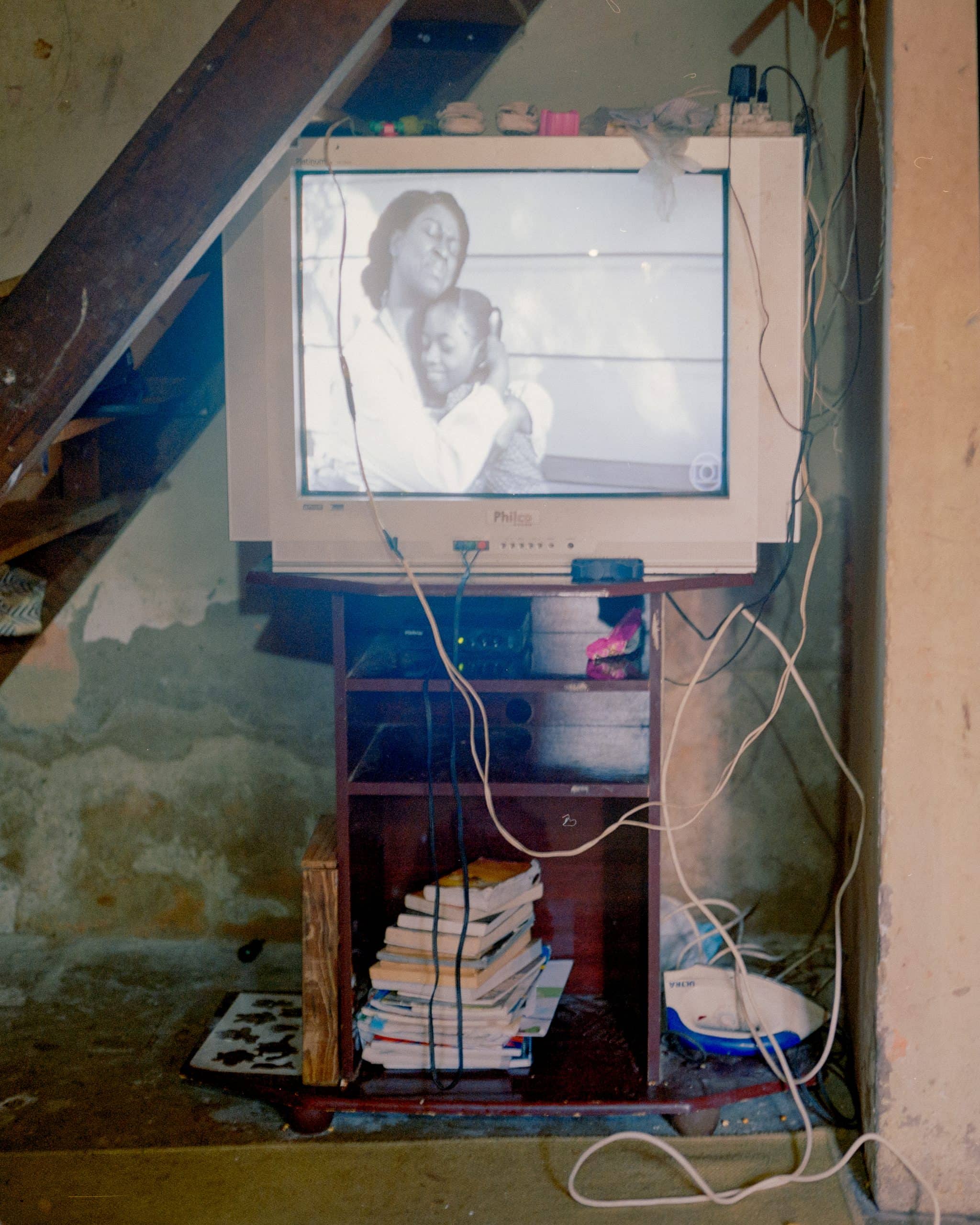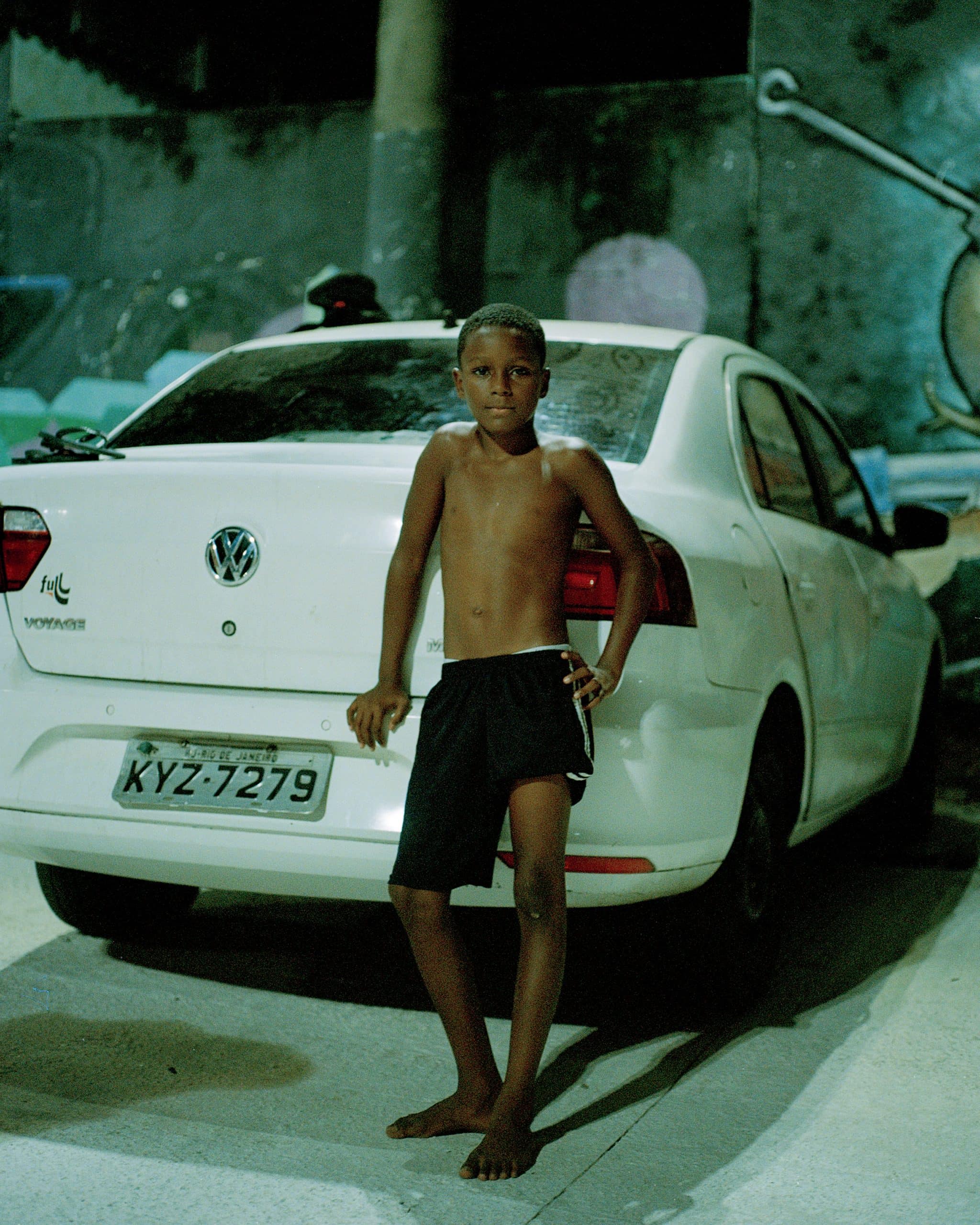“The sense of belonging
Wanting to grow up
To leave and evolve
The hope of having somewhere to return to
Are things that catch my eyes and maybe reasons why I photograph.”
Lucas Riccio Mota sums up the inspiration behind his vision with these words. A statement that is mirrored in the images he creates, photographs that are all about identity and memory, intimacy and distance, leaving and coming back. Originally from Brazil, Lucas moves between his city and the places he has travelled to, bringing with him a desire to watch everyday life and capture it in a direct way. He doesn’t work to create icons but to bring together moments with details and atmospheres. His shots show kids playing in the street, teenage faces, home interiors, city landscapes and sudden openings towards distant places such as India or Nepal. His photography is documentary in nature, but it is not limited to reportage. His art is rather a personal visual diary that moves between the familiar and the community.
The subjects he chooses are often young people, bodies and faces that embody growth and insecurity. His portraits do not seek to pose, but capture the naturalness of adolescence as a fragile space, between innocence and consciousness. These are joined by scenes of everyday life, everyday gestures that tell of neighbourhoods and family ties. There is no lack of objects and details that become symbolic. An aquarium, a television set, a white car behind which a waiting body stands out.
The series dedicated to his grandmother’s neighbourhood family is probably the most intimate core of his work. Lucas himself recognises the doubt that crosses his mind. Should he limit himself to observing a single family, risking remaining in a private register, or should he broaden his perspective to other families and the entire neighbourhood, thus opening the story to a collective dimension? At the centre remains the strong idea of making time itself the protagonist. The ageing of faces, the transformations of houses and growing bodies make his project not only a personal documentation but also an archive of memory for everyone.
Lucas’s style is recognisable precisely in this ability to bring different worlds together. His photography never isolates the subject from its context, each face converse with the space around it and every detail fuses with a wider context. Even when he travels and photographs distant cultures, he avoids the exotic gaze. He does not seek spectacle, but the possibility of connection, the resonance of a gesture that can belong to anyone.
His work is a kind of photography that looks at reality, but never fails to reveal its inner poetry. In this balance, Lucas Riccio Mota finds his distinctive style, a voice that speaks of belonging and movement, community and desire, growth and return.



